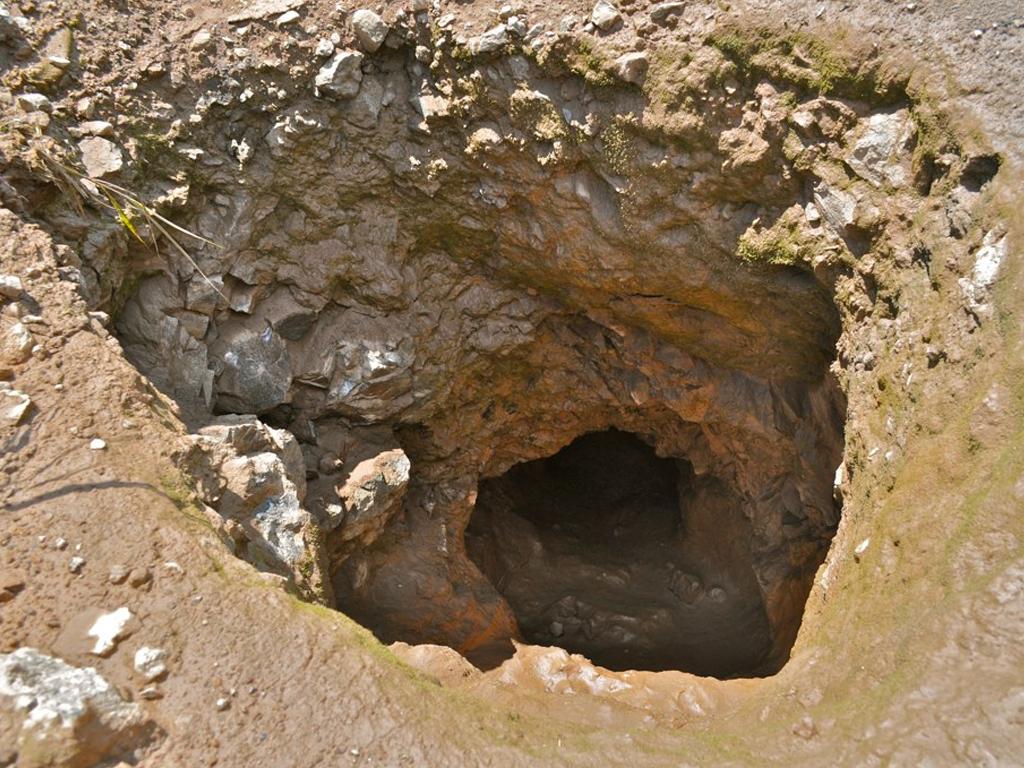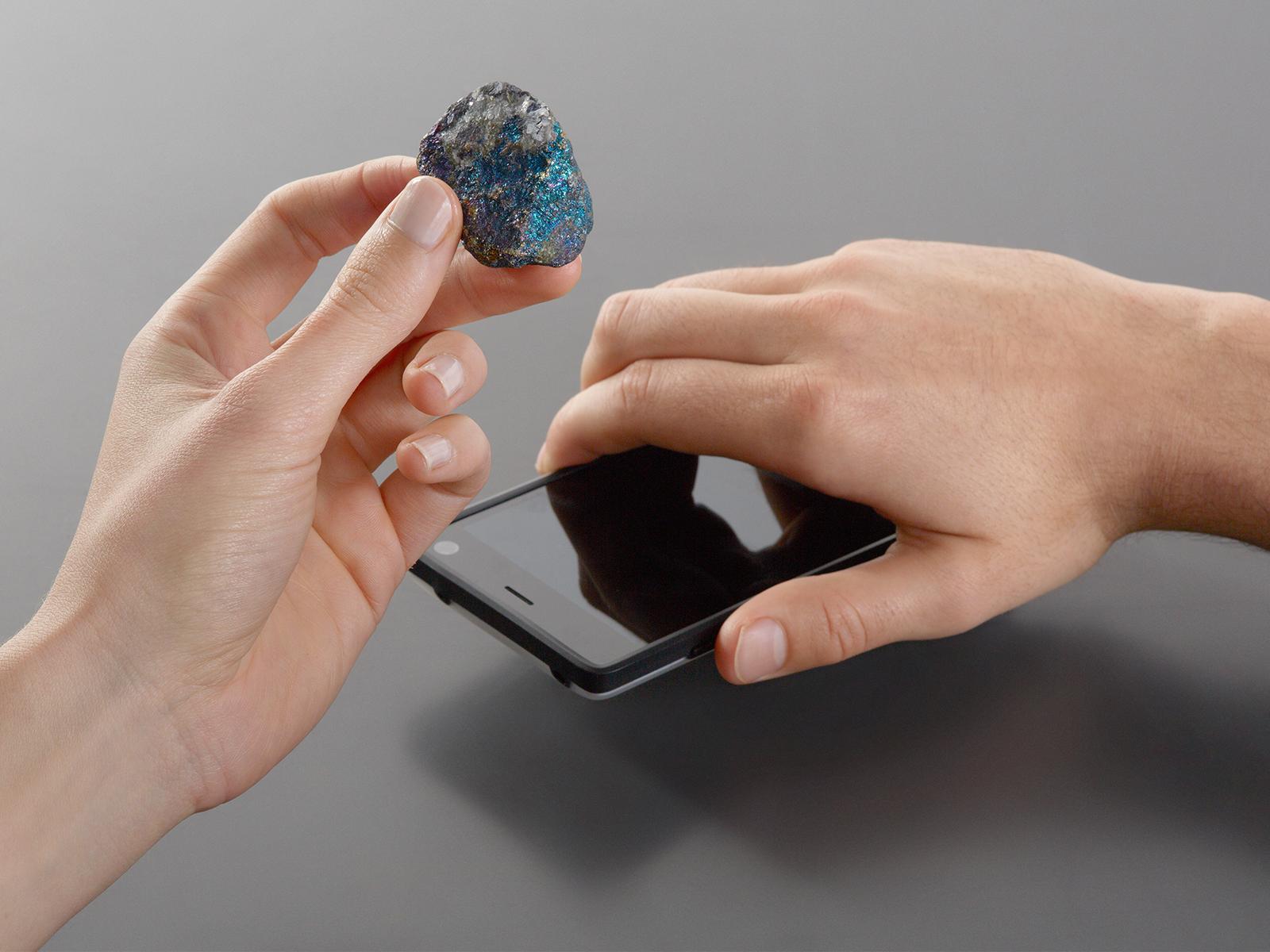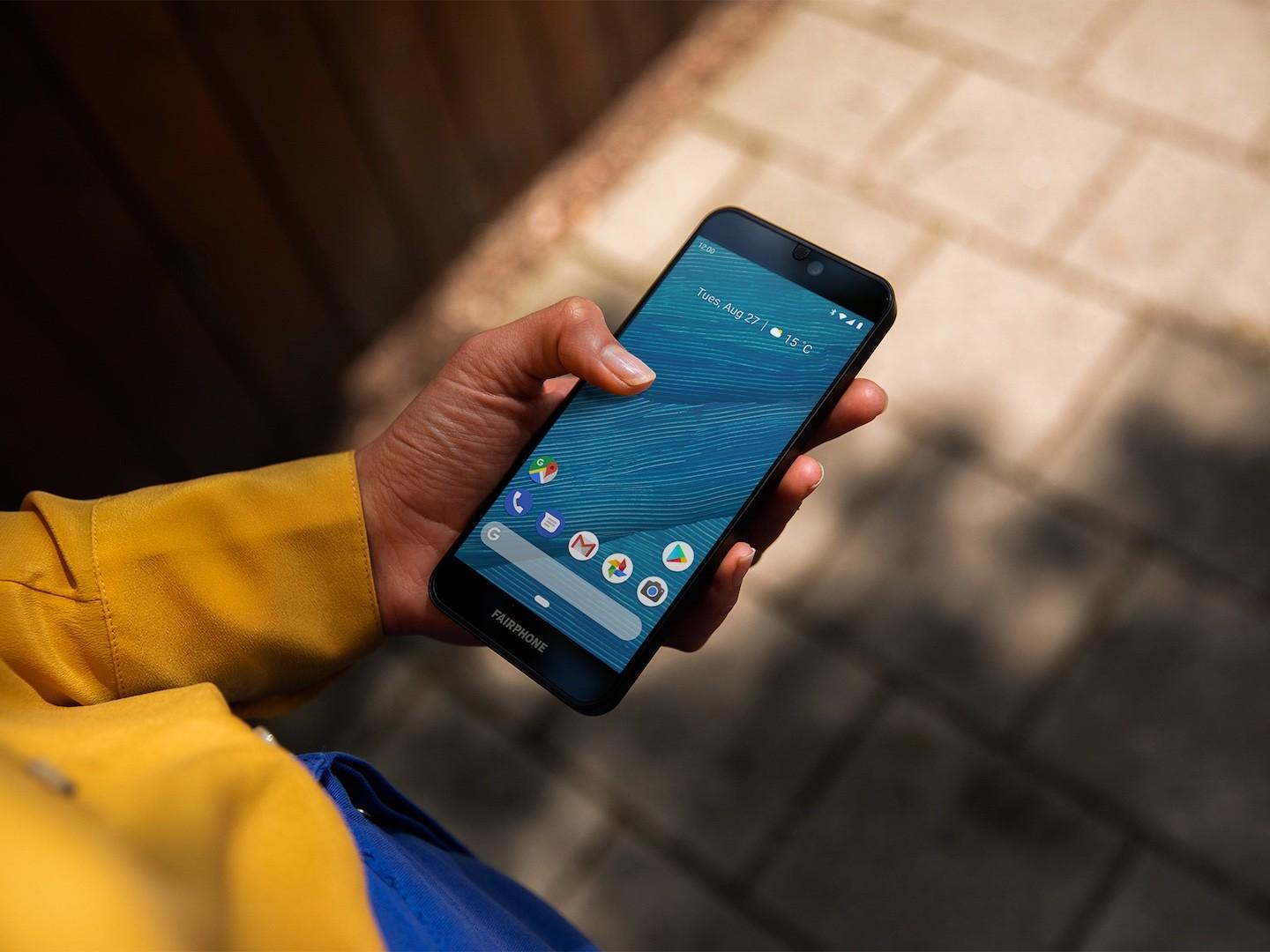From the Fairphone blog, by Joe Mier, Jan. 16th, 2013
Fairphone is proud to announce its participation in the Solutions for Hope project. Working to fulfill a mission of respecting our precious minerals, we will be able to use conflict-free tantalum capacitors in our phones in 2013! These capacitors will have specific serial numbers so they can be marked and traceable until the end-product. As a downstream participant, we are happy to be a supporter of the Solutions for Hope project and successfully use these conflict-free capacitors in the finished product. Some materials used in smartphones come from areas that exploit its workers or in war zones. Fairphone wants to open the discussion around these issues.
Initiated in July 2011 by the Motorola Solutions Inc. in collaboration with AVX, a leading tantalum capacitor manufacturer, the Solutions for Hope project works to source conflict-free tantalum from the Democratic Republic of Congo (DRC) – tantalum is the metal used in cell phone capacitors and derived from the mineral coltan, in rich supply in the DRC. Using tantalum in the production of capacitors has made them smaller, thus enabling the commonly-seen sleek, thin design of smartphones.
This project was largely in response to Section 1502 of the Dodd-Frank Act, which calls for companies to disclose the use of certain minerals and resources (such as tantalum) in their products, in order to guarantee the purchase of minerals that do not fund illegally armed groups in the DRC.
Unfortunately because there is currently no system in place to verify this procedure, the Dodd-Frank Act has resulted in an unofficial embargo of minerals from this region until a successful system can be put in place, since some companies prefer to source their materials from other areas, without these problems, causing an even bigger economic problem to artisanal miners. This de facto ban would have devastating effects on tens of thousands of people in the DRC – even those working in artisanal mining who are not currently threatened by a conflict situation.
Luckily, Solutions for Hope is stepping up to create a closed-pipe supply chain that uses a defined set of key suppliers – mines (including artisanal cooperatives), smelter/processor, component manufacturer, and end user (that is, companies involved in consumer electronic brands). Fairphone saw an opportunity to become a participant in this project in its goal of intervening in the supply chain, especially in terms of one of its major focus points: what we call “precious minerals.”
Difference between conflict-free and fair trade?
“Conflict-free” means establishing a supply chain that guarantees sourcing minerals from areas that are free from violence and armed guards. To be clear: sourcing conflict-free minerals does not mean stopping the conflict completely, as it is created by many forces. The trade of minerals though is partly funding armed groups that control mines and putting efforts in sourcing conflict-free impedes this lucrative activity.
But how does the world look like beyond conflict? In a way, artisanal miners would still have very harsh working conditions, which we point out here in order to underline the fact that “conflict-free” is not a silver bullet solution.
The lack of well organized cooperatives is a burden for their bargaining power in front of middlemen that trade with minerals. In their everyday working lives, they still routinely go down holes of more than 60 meters deep and bring up bags full of ore by their own means.
Fair trade is seen as “fair trade”-stamped practices and products, such as with fair-trade gold, which follow guidelines put forth by Fairtrade and Fairmined gold standards. Further, this gold follows a Fairtrade Minimum Price and Premium, which assists social, environmental, and economic development in the communities from which they come.
In the past, FairPhone has been committed to developing a conflict-free infrastructure for materials that will go into our product. We currently are involved with Solution Network’s Conflict-Free Tin Initiative to create a similar conflict-free supply chain for tin in the DRC. Furthermore, Fairphone and ActionAid are busy with a feasibility study for setting more fair conditions for Cobalt (used in batteries) from the south of DRCongo, with the goal of creating a fairtrade certified pipeline.
More interesting blogposts from Fairphone can be found here.


